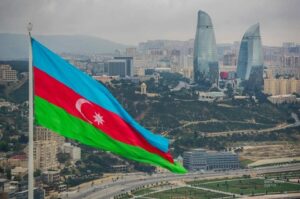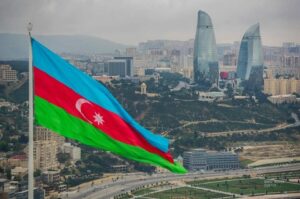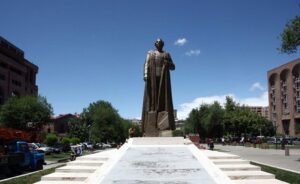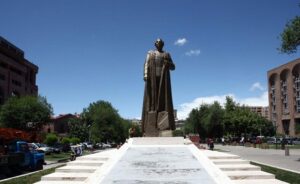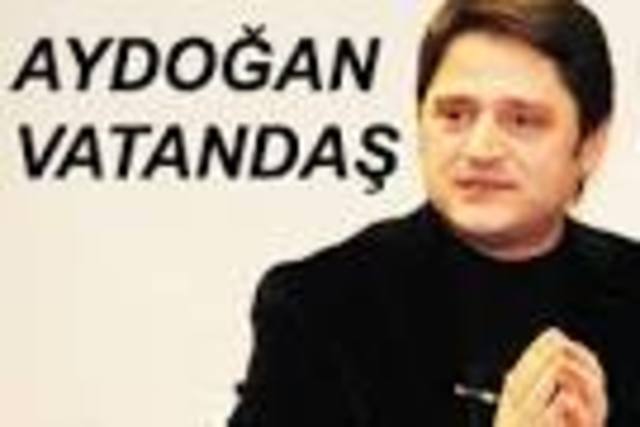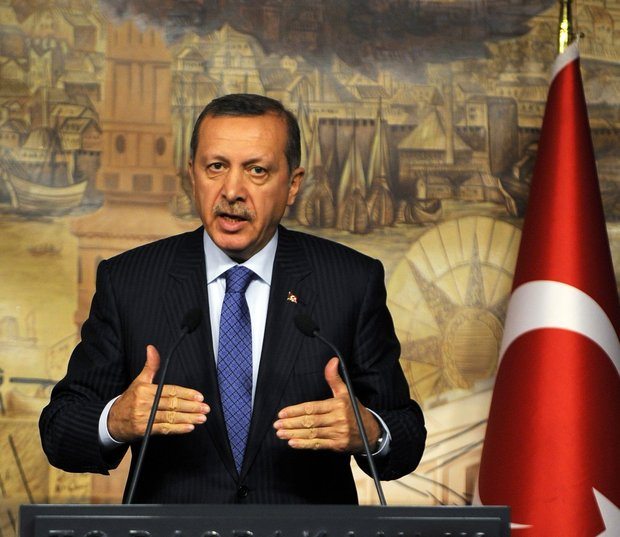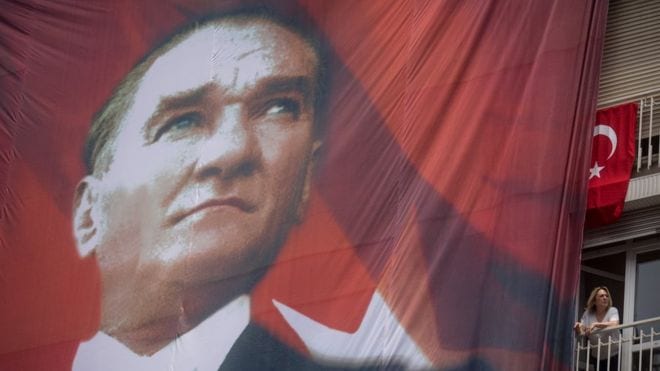By Ferruh Demirmen, Ph.D.
June 30, 2016
Pope Francis, visiting Armenia during June 24-26 (2016), once again succumbed to his anti-Turkish, anti-Muslim prejudice and called the 1915 events in Ottoman Anatolia “genocide.” To the delight of his hosts, hours after landing in Yerevan he departed from a prepared speech and used the damnable term despite previous reassurances by the Vatican that he would not do so.
The Pontiff’s Christian emotions had taken over his common sense and decency.
The Pontiff repeated his anti-Turkish invective before leaving Armenia by commemorating, jointly with Kerekin II of the Armenian Apostolic Church, “The extermination of a million and a half Armenian Christians … as the first genocide of the twentieth century.”
Not surprisingly, the Pope’s language drew an angry rebuke from Ankara.
To placate Turkey, the Vatican spokesman Rev. Federico Lombardi absurdly said: “The pope has not used any words against the Turkish people.” How thoughtful!
The allegation by the Pope is baseless and has the hallmarks of solidarity with Christian Armenia. After all, Armenians keep reminding the world that they are the “First Christian Nation.” As the spiritual leader of the Christian world, the Pope surely cannot remain indifferent to that banner!
This is no place to delve into history to explain why the term ‘genocide” for the 1915 events is inappropriate. Suffice it to say that, the diplomatic jibe at Turkey aside, the Pope committed several wrongful acts, all serious, and all breaches of trust.
Violating international norms
First, the Pope summarily violated international covenants and judicial rulings bearing on the crime of genocide. That includes the 1948 UN Convention on genocide, which states that the crime of genocide can only be established by a tribunal of law, and France’s Constitutional Council’s ruling on January 8, 2016, which underlined this fact. Hence no entity other than a court of law can pass judgment on genocide.
The European Court on Human Rights (ECtHR), in its 2013 and 2015 rulings on the Switzerland-Perinçek case, noted that Armenian genocide is disputed among the scholars, and hence not an established fact. To date, there has been no court verdict on Armenian “genocide.”
Further, the European Convention on Human Rights (ECHR) bars retroactive application of a law to an event that preceded it. The 1948 UN Convention went into force in 1953. The UN has also refused to call the 1915 events genocide.
So, one must ask: Given these international covenants and precedents, what gave the Pope the right or authority to call the 1915 events genocide? Just because some biased scholars or politically motivated parliaments have done it, the Pope cannot justify his use of the term “genocide.”
The Pope’s “Holy status” and his “Godly mission” do not exempt him from observing the rule of law. The Pope, just like the “earthly beings,” must respect the law.
Further, the Pope cannot claim that he was simply expressing an “opinion.” Opinions cannot be used to attach a heinous crime to a person or group with impunity. The 1948 UN Convention does not recognize “genocide” based on opinion.
The Pope’s recognition of Armenian “genocide” was not his “first.” He did the same thing on St. Peter’s Basilica in April 2015, lumping other Anatolian Christian minorities such as the Assyrians in the “mass killings.” This set the stage for the German parliament Bundestag to likewise include in its June 2, 2016 resolution other Christians under the “genocide” label.
A sure sign of Christian solidarity or Islamophobia.
Hypocrisy and double standard
The Pope’s commemoration of Armenian “genocide,” intended supposedly as a reminder to prevent such crimes in the future, becomes all the more hypocritical considering that, while recognizing Armenian “genocide,” he chose not to acknowledge the massacre of more than a half million Muslim civilians at the hands of renegade Armenian gangs during the World War I Armenian revolt.
Surely a sign of selective morality.
But there is more. The pontiff, on his visit to Bosnia in June 2015, refused to use the term “genocide” when he denounced the Srebrenica killings. This is despite the fact that two UN courts, the International Criminal Tribunal for the former Yugoslavia (ICTY) and the International Court of Justice (ICJ), have established that the Srebrenica killings were genocide.
Before the visit, the Bosnian academics had pleaded with the Pope to recognize the Srebrenica killings as genocide. The Pontiff ignored these pleadings. His Holiness could not bring himself to calling an event genocide if the perpetrators are Christian and the victims Muslim.
Surely a case of double standard.
The Srebrenica genocide is a recent (1995) history, and the location is a stone’s throw from the Holy See.
Concluding remarks
The Pope’s recognition of Armenian “genocide,” plus his hypocrisy and double standard toward Muslim killings, are a reflection of a deep-seated prejudice against Islam. Such prejudice hopefully does not presage the dawn of a new, post-modern crusade against the Muslim world.
No doubt the Pope was also influenced by years of genocide propaganda run and funded by the Armenian diaspora. This has led to a well-entrenched Western proclivity to accept Armenian claims as truth without forethought and scrutiny. The ad nauseam, prejudice, half-truths, deception, cherry-picking, exaggeration, intimidation, Reductio ad Hitlerum, and labelling (“denialist”) have been the techniques successfully employed in Armenian propaganda.
Whatever the underlying cause, if his Holiness is serious about humanity and inter-faith dialog, as he claims he is, he should demonstrate that his concerns and compassion transcend racial, religious and ethnic boundaries.
Surely, the Pope’s call a year ago for the religious establishments in Europe to accept some of the Muslim refugees fleeing the fighting in Syria and Iraq is commendable. But it is also true that, when it comes to Armenian “genocide,” his Holiness’ prejudice clouds his judgment.
For opinion on the Armenian question, the Pope should defer to historians, not just on the Armenian side, but also on the Turkish side.
If the Pope continues with his baseless accusations on Armenian “genocide,” he should be declared persona non grata in Turkey. His acting as the spokesman for the Armenian causes does not help Turkish-Armenian relations. It is more like a poison.


